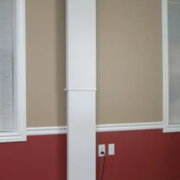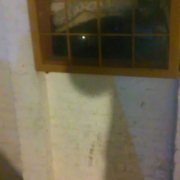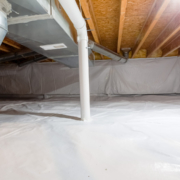Foundation Cracks and Repair
Foundation Cracks
Basement or foundation cracks are issues that no homeowner would like to see happening in their homes and yet it is something that many of them have to deal with at some point. It is better not to ignore such a problem in the home once it has already been detected.
Most foundation cracks may be small in the beginning but with time they do not remain small. They start getting bigger. It may so happen that a crack in your foundation may not appear to pose a challenge now, but it may start leaking after some months.
What are the reasons for a basement wall or a foundation to develop cracks? Well, there are a few:
- There may be a possibility of some kind of a thermal movement. Such a movement may result in the expansion of the concrete or contraction due to the temperature changes. If such contraction and expansion keep happening in the floor or concrete walls quite frequently, there may be a need for repairing basement or foundation cracks at some point of time.
- With time as the concrete gets dried out, it may be shrinking in size.
- The drainage system may be poor. The same can be checked during the next rainy season. When the rainwater moves from the roof towards the gutter and then further down, have you ever thought where it goes next? The water should be transmitted away from the house to a safe distance. If the rainwater is allowed to get into the ground, it could be the starting point of the problem.
Any or all of the above reasons could be partially responsible to cause a crack in the basement or the foundation of your home, but the most vital cause is none other than hydrostatic water pressure. It signifies that water must be present outside a wall or right under your basement’s floor and is exerting constant pressure. In a few case, it is possible that the water gets accumulated in the soil right next to the foundation. Such a soil is referred as backfill. Usually the density of the backfill soil is less than the remaining soil on a property. It is not uncommon for water to accumulate there.
Irrespective of what the actual reason maybe, the water that has accumulated under the floor right outside the wall of a basement may exert pressure constantly on the concrete. The pressure is applied with a great force that may eventually create a small leak causing water to run down the wall. You will realize that there is a higher hydrostatic pressure when the pressure of the water flow through the crack becomes greater during a rainstorm.
The solution to the problem is to reduce the water pressure. An experienced service provider can effectively do this.



